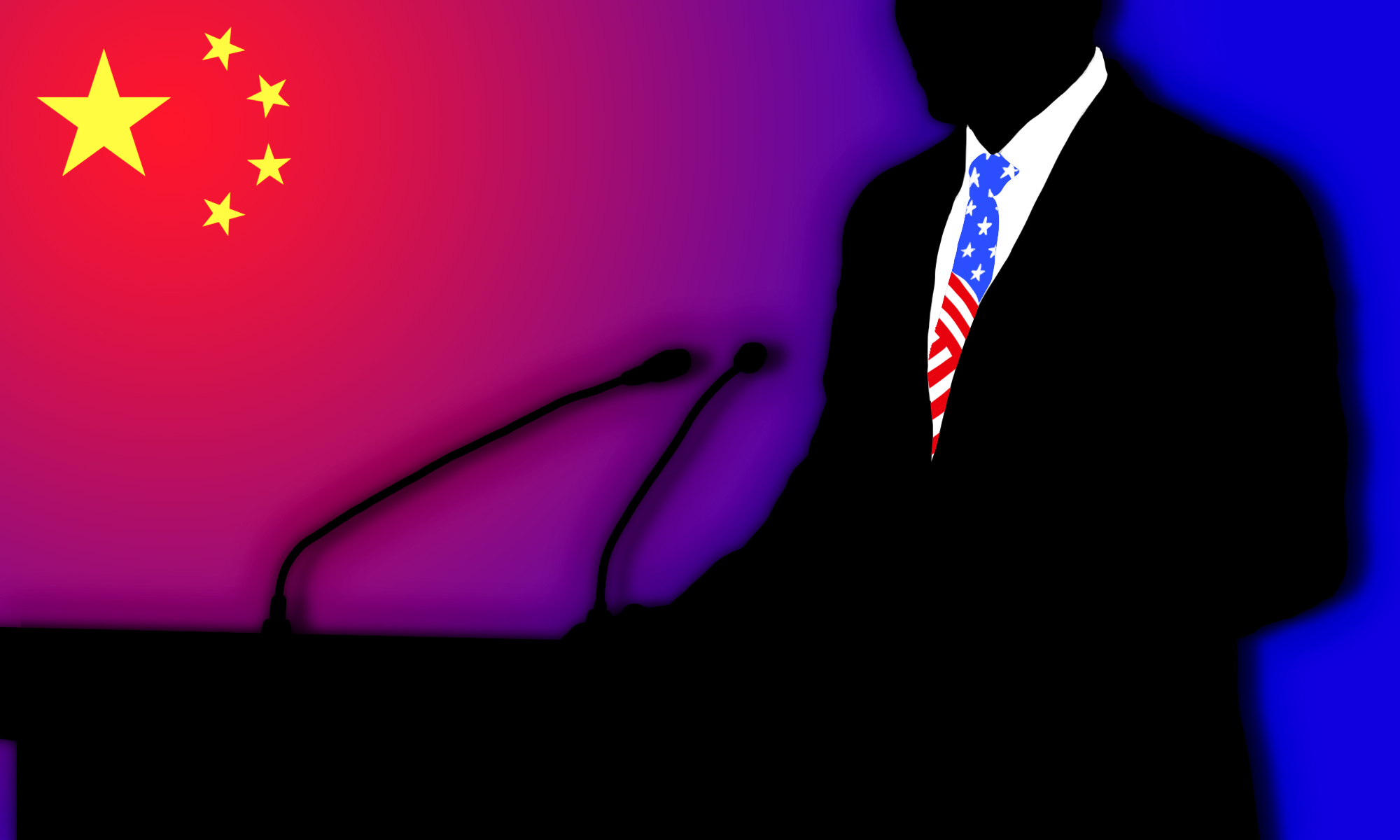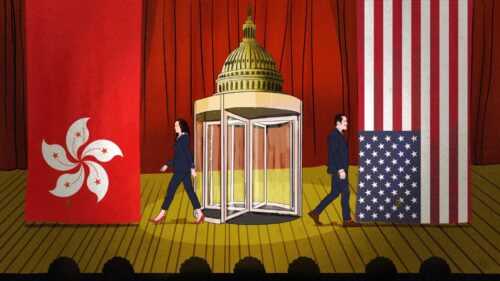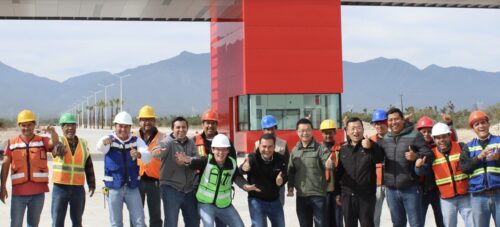New House committee on China: Concerns and caution, but not all doom and gloom
The first meeting of a new House committee on China on February 28 signaled that Washington is serious about figuring out the future of the U.S.-China relationship.

The newly formed House Select Committee on the Strategic Competition Between the United States and the Chinese Communist Party met for the first time last Tuesday evening on Capitol Hill, drawing a full house for its primetime, three-hour articulation of the task force’s goals, aimed mostly at scrutinizing economic competition between China and the U.S.
Topics of discussion included China’s military-civil fusion, the Great Firewall, human rights abuses, surveillance, fentanyl trafficking, and Taiwan. Reflecting the current state of U.S.-China relations, the general mood was pessimistic. Several committee members echoed committee chair Rep. Mike Gallagher’s (R-WI) description of China as an existential threat. China was accused of having cheated and stolen its way to economic prosperity at the expense of the American worker.
The committee has already been criticized for continuing China-bashing that is likely to harm Asian populations in the United States. Still, despite the continuation of finger pointing and saber-rattling from D.C., the hearing offered some indications that the United States will not completely break off from China. Questioning and comments from the committee also indicated that there is disagreement on just how “tough on China” Congress will be. The maintenance of a close economic relationship can soften aggression and maintain open channels of bilateral communication.
More questions than answers
For its inaugural hearing, the committee (consisting of 13 Republicans and 11 Democrats) invited four witnesses to testify to the various risks posed by China: H.R. McMaster, National Security Advisor under the Trump Administration; Mike Pottinger, Deputy National Security Advisor under the same; Tong Yi, a human rights advocate who participated in the 1989 Chinese Democracy Movement, whose testimony focused on Beijing’s human rights abuses and the U.S. prioritizing trade over human rights in the 1990s; and Scott Paul, president of the American Alliance for Manufacturing.
A central focus throughout the hearing was security; the outlook for the bilateral relationship will likely be significantly impacted by how broadly Washington decides to define security-related concerns.
Some members, like Rep. Rob Wittman (R-VA), chose to focus on a traditional conception of security, questioning McMaster on the “acute and direct threat” posed by China. McMaster pointed to recent prognoses by Admiral Philip Davidson and Air Force General Mike Minihan of a coming war between China and the United States, which they respectively forecast for the end of the decade and within two years. Agreeing with this analysis, McMaster pushed for expediting arms sales to Taiwan in order to “make the island indigestible” to the CCP.
Non-traditional security concerns like food security (connected to the CCP’s investment in rural American land) and the flow of fentanyl into the U.S. (due to “malign neglect, at best” from the CCP) were also articulated. Beijing increased regulation of fentanyl in 2018, leading Chinese companies to sell precursors to drug cartels in Mexico, which is how the drug makes its way into the United States today. And foreigners own 4.5% of American farmland; Chinese-owned land makes up a measly 1% of that percentage. In this vein, two questions seemed to loom over the hearing, at times insinuated and other times articulated directly: what constitutes a Chinese security threat to the U.S., and how far should Congress go toward decoupling from China?
Regarding the latter, recent export controls on chips, described as some of the most sweeping American controls in decades, showed that the U.S. is willing to implement broad restrictions on trade in the name of security. On the former, Tuesday’s hearing reflected a similar concern about the U.S. inadvertently helping China build up its military through, among other things, funds like Blackrock investing in People’s Liberation Army-connected companies and “handing” technology to China by locating high-tech manufacturing there.
A key goal for the committee will be deciding how broad a security-focused economic decoupling should be, and hesitancy in the first hearing suggests that the economic relationship may withstand political tension.
Not quite a new Cold War
Rep. Andy Barr (R-KY) rejected increased government support for domestic competition in relevant sectors. The U.S., he argued, should not mimic China’s “planned economy.” What we need, he said, is “strategic, limited decoupling,” with the U.S. maintaining principled support for cross-border capital flows and market economies.
While the committee invited Scott Paul to testify to the destructive impact offshoring has had on American manufacturing, advocates for American agriculture have echoed Barr’s calls for a strategic approach focused on protecting sensitive sectors. Indeed, despite geopolitical tensions and pressure, trade between the two countries still managed to peak in 2022, and agricultural products made up the largest percentage of U.S. exports to China. Tension has slowed the rate of bilateral integration, but it has not yet stopped it. As economist David Dollar put it, “The conflict is more a tech war than a trade war.”
Barr’s comments are not alone in suggesting that complete economic decoupling remains unlikely. None of the significant tariffs introduced during Trump’s Trade War have been repealed, yet Chinese and American firms have been able to work around them. Their impact on trade has been negligible; lower-income American consumers have borne the brunt of the costs, and American firms continue to lobby for their removal. Meanwhile, American investment banks are increasingly bullish on a post-COVID China.
If Republicans don’t promote a broad-based economic decoupling that goes beyond sensitive industries, then it is possible that trade will indeed continue to, in the words of U.S.-China Business Council president Craig Allen, provide a “ballast” and floor to the bilateral relationship as a whole. This reflects Chinese thinking on the issue of decoupling; a recent commentary in the People’s Daily’s Zhongsheng series heavily emphasized the win-win nature of U.S.-China economic integration, its positive impact on the relationship overall, and the infeasibility of a complete delink.
The Biden Administration feels similarly. While expressing similar concerns as the committee, Secretary of Commerce Gina Raimondo recently made assurances that the United States does not seek economic decoupling. Hopefully, that economic connection remains robust, providing an open channel for closer people-to-people connections and maintaining the ballast Allen mentioned, even as traditional security tensions continue to grow.






